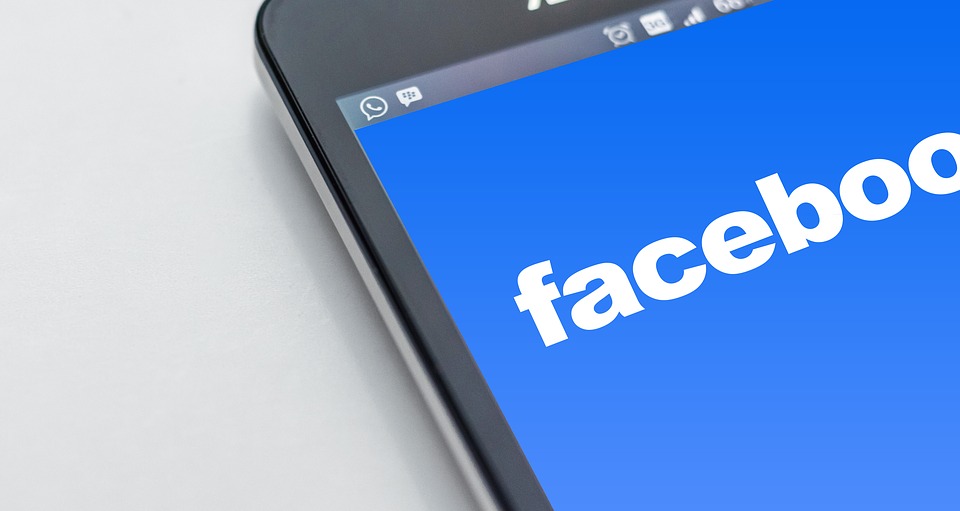Facebook, Inc. Common Stock (NASDAQ:FB) to ban Political ads a week to the November Elections
Facebook, Inc. Common Stock (NASDAQ:FB) has announced that it will ban political ads a week to the November U.S election. The social media giant is moving to tame spread of fake news even as the CEO Mark Zuckerberg warned of possible civil unrest after the election.
Cracking on fake news
The company has also announced that it will fact check and verify any premature claim to victory. Facebook says it will link any post that prematurely declares results to the National Election Pool and Reuters. The company says it will add a label to posts that declare victory prematurely and add a link to official results.
In the past, Facebook has been accused for allowing political ads even if the ads are used to spread fake news and misinformation. Facebook joins other social media platforms like Pinterest and Twitter, that have banned political ads.
In addition to banning political ads, the social media giant announced that it will be bringing down all posts that attempt to discourage people from voting. The company said that posts that attempt to discourage people from visiting polling stations for fear of contracting COVID-19 will be brought down.
Facebook will still allow a post that uses COVID-19 to discourage voting. Only posts that explicitly say that you will contract COVID-19 by voting will be brought down. The social media company will still allow posts that try to delegitimize a voting process like voting by mail as well as the results. However, such posts will be labeled with more information. In addition, Facebook will expand its policies and delete all posts that promote violence during the election.
“I believe our democracy is strong enough to withstand this challenge and deliver a free and fair election — even if it takes time for every vote to be counted,” Zuckerberg wrote in his Facebook post.
The announcement comes as the country prepares for what could be a turbulent campaign period. With physical meetings curtailed worldwide, much of the campaigning is being done online on social media and through virtual rallies. The bruising campaign is coming at the backdrop of the COVID-19 pandemic and civil protests caused by racial injustices.

